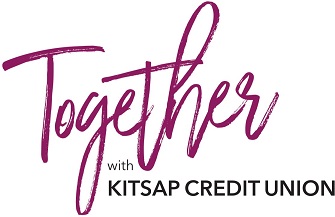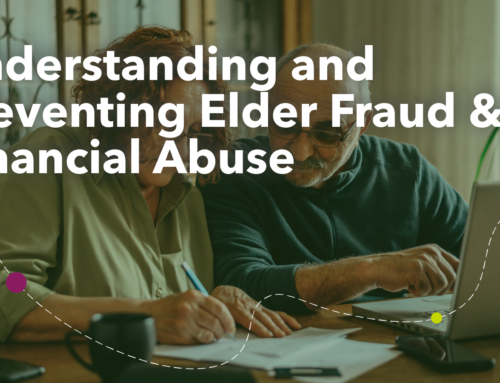Did you know that individuals over the age of 50 control 70% of the country’s wealth, and seniors between the ages of 65 and 74, with an average net worth of $1.06 million, have more assets than any other age group? Because members of this age group have disposable income lying around, criminals often target them with scams and dementia, disability, and decline can make it even easier for these scammers to successfully steal funds. Elder scams are a problem that costs American seniors billions of dollars every year.
Let’s talk about what to watch out for, and how to protect yourself or your elder family members.
Common forms of exploitation
There are a myriad of scams, unethical businesses, and unscrupulous individuals preying on seniors all the time. While the details vary, there are a few familiar scenarios.
Breach of trust
The vast majority of elder financial abuse—as much as 90%, according to the National Adult Protective Services Association—is committed by caregivers or close family members. A son is added to a checking account to help manage Mom’s bills and then starts using the account to pay off gambling debts. Or Grandpa gives valuables to the housekeeper and eventually—at her suggestion—names her in the will.
Phone scams
Someone calls, ostensibly from the IRS, saying that an individual has a tax bill that is going to rise with interest and fees unless paid immediately. Or someone calls with news that there is a problem with a credit card and they need a Social Security number and birth date to access account information to clear things up.
Phishing scams
As more seniors head online, they grow more susceptible to phishing scams. Phishing emails or texts look as though they come from legitimate sources such as banks or credit card issuers. They ask seniors to click on a link to enter account information in order to verify recent transactions or to rectify problems with accounts. Unfortunately, the links are fake, and criminals use them to gather personal account information, which they use to drain accounts or steal identities.
So, how do you protect yourself and your loved ones from elder financial abuse?
Educate your elder family members about what scams to look out for. Explaining the common scams to your elder family members can help them understand when they are being approached by a scammer via phone, text, email, etc.
Protect financial documents like checkbooks, account statements, etc. to keep them out of access for those who may be untrustworthy. This can include shredding receipts, bank statements and unused credit card offers before throwing them away. Remember, to never give personal information, including Social Security Number, account numbers or other financial information to anyone in person or over the phone unless you initiated the call and the other party is trusted.
Ultimately, it is always best for seniors or otherwise, to conduct their personal business within the financial services system. Financial institutions have fraud protection services that limit an individual’s risk. They also have systems that make it possible to trace funds back to criminals in some instances. Plus, when you get to know your banker and build a relationship with the people who handle your finances they can help advise you and look out for any suspicious activity related to your account.
By doing these things, you can help keep yourself or your elder family members protected from potential elder financial exploitation.






